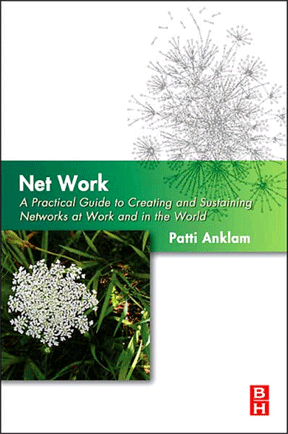Fernando Flores, Speech Acts, and Networks
One of the most powerful learning experiences in my time at Digital Equipment included immersion in a set of practices for effective communication. What I and my colleagues called “Contextual Management” was derived from philosophies articulated and propagated by Fernando Flores. At the heart of these philosophies are speech acts, a linguistic concept identified by John Searle and refined by Flores into a communication structure for effective management. These same speech acts are at the foundation of Landmark Education.
- Declarations: statements about the world as it might be, that create a powerful future, and for which there is no evidence. “The US will put a man on the moon and bring him back before the end of the decade,” famous words from President John Kennedy, are an example. At the time he spoke this, NASA did not have the technology to accomplish this, but by saying it, Kennedy created the future in which this happened.
- Requests, or offers: a request can also create the future, in that it is possible to ask someone to do something that they do not know how to do. But in daily work life, we make requests all the time. We do not often enough, however, make well-formed requests, which are in the form, “will you please do x-action BY time-y?” The specificity of x-action and time-y make it clear that the requestor is asking for something that is important.
- Promises: promises are commitments to do perform specific actions by specific times. Obviously, a goal of a request is to acceptance (a promise) to respond to the request, in its specificity, by the designated time. (One may also respond to a request by negotiating the deliverable, the time that is is requested for, and so on; or may decline it, respectfully.)
“How do you educate people for the future world, in which an important part of activity is going to be networks?” he asks. “In my opinion, we human beings are not prepared at all for the explosion of new practices the Internet will produce. Education is going to be in networks and it will not be about knowledge. It will be about being successful in relationships, about how to make offers, how to build trust, how to cultivate prudence and emotional resilience.”
I’m excited about the possibilities in net work thinking opened up by the questions Flores is raising. The social web is opening up entirely new ways of communicating — both means and modes — and my head is already spinning at the thought of integrating these past and new ideas into my work.


